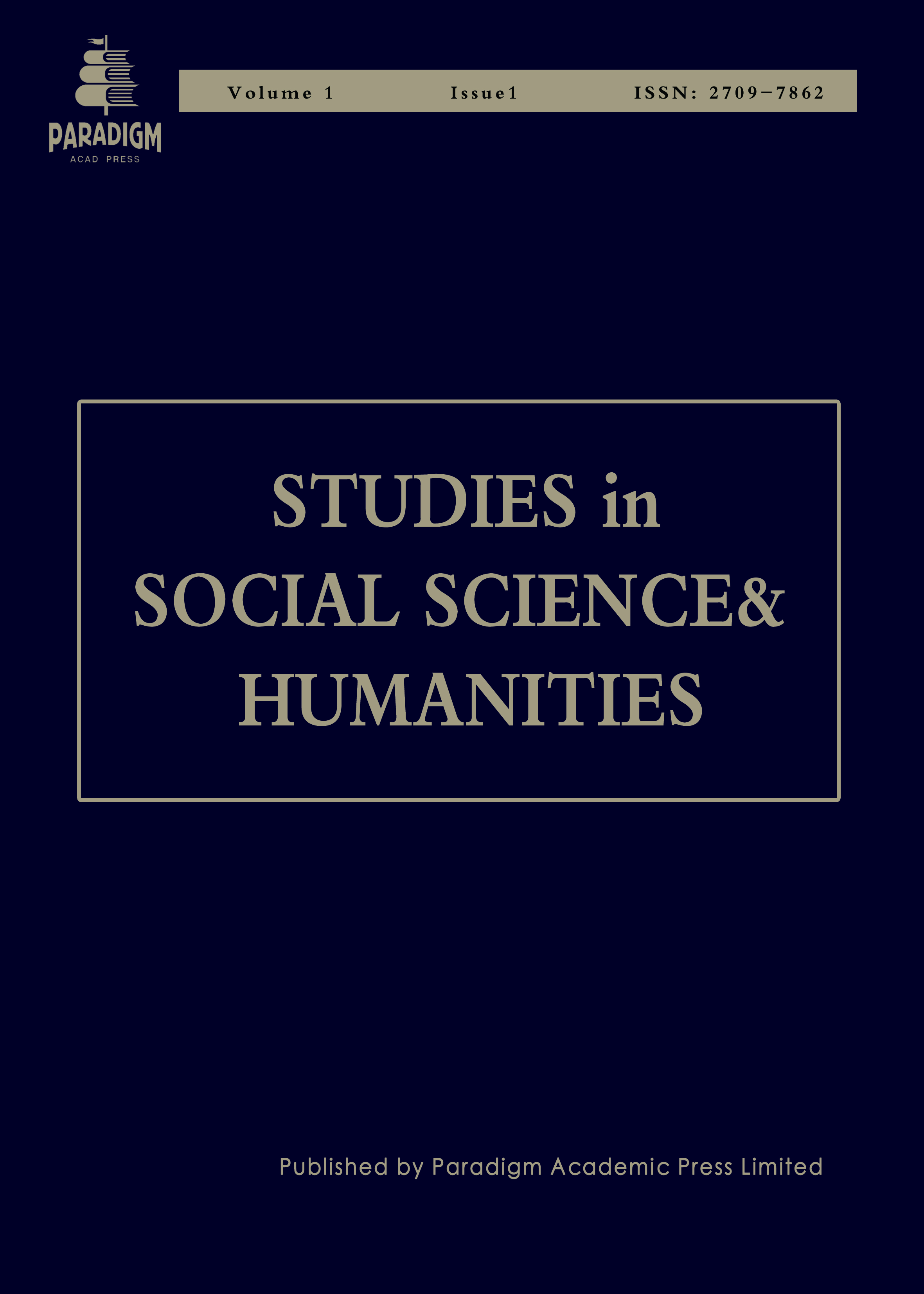Variation in Household Violence and Maternal Autonomy in Rural and Urban Areas: Their Effect on Child Health in Cameroon
Keywords:
household violence, maternal autonomy, child health and CameroonAbstract
This study examines the variations in household violence and maternal autonomy in rural and urban areas and their effect on child health in Cameroon. Using data from Cameron Demographic Health Survey (CDHS, 2018), a mixed-method approach (Ordinary Lease Square Regression and the Oaxaca-Blinder decomposition method) was used for the analysis. The study found that household violence had an insignificant negative effect on child health while maternal autonomy exhibited a very significant positive effect on child health globally, in rural and in urban areas in Cameroon. Also, the rates of household violence and maternal autonomy are significantly higher in urban areas than in rural areas in Cameroon. Policy recommendations includes raising awareness, providing educational and economic opportunities for women, improving health care services and strengthening legal framework to combat violence while strengthening maternal autonomy through educational and economic initiatives which improves their own and child health in both rural and urban settings in Cameroon.


